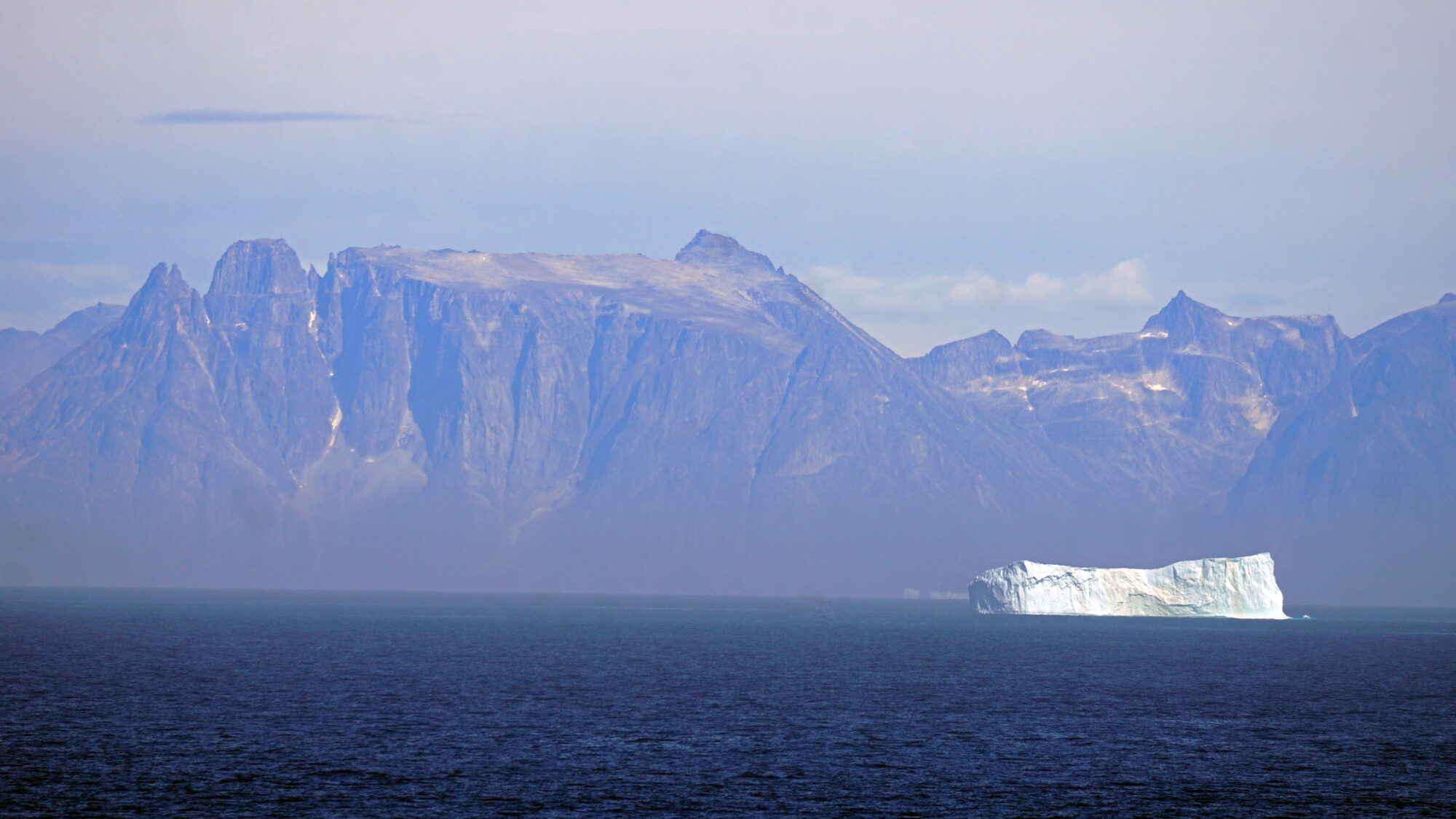
International Chorus Against Deep Seabed Mining Grows as Nordic Council Pass Landmark Resolution
November 1, 2024
COPENHAGEN—On October 31st, 2024 the Nordic Council voted in favour of a resolution calling for a moratorium on deep-sea mining, joining a growing international movement to protect vulnerable marine ecosystems. The Nordic Council facilitates official inter-parliamentary cooperation among Nordic countries, and while Finland, Sweden, and the Kingdom of Denmark (including the Faroe Islands and Greenland) all voted in favour of this resolution, its passage highlights a divergence from other member states Iceland, and particularly Norway.
In June 2023, the Norwegian government proposed to open 281,000 square kilometres in its exclusive economic zone for mineral exploration and exploitation. The Norwegian government is now charging ahead in seeking deep-sea mining licences within its national jurisdiction, a process which is due to conclude in the first half of 2025, despite mounting global calls to leave the seabed alone.
“There is a long history of Arctic diplomacy and cooperation transcending the status quo.”
– Susanna Fuller, Oceans North, Vice-President, Conservation and Projects
In recent years, Denmark (including the Faroe Islands and Greenland), Finland, and Sweden pledged support for a precautionary pause on deep-sea mining – joining a group of 32 countries and counting with similar positions. As of July 2023, the government of Canada also became one of those 32 countries, officially announcing a moratorium position for national and international waters.
Today’s resolution is significant as deep-sea mining becomes a growing concern worldwide. Scientists, human rights experts, Indigenous and local communities, and even corporations are voicing concerns over the damage deep seabed mining will cause the marine environment, and by extension the people who rely on it for the health of their communities and the planet at large. Deep sea mining could become the extractive industry with the largest spatial footprint, potentially destroying huge areas of the seabed with impacts throughout the water column.
As the International Seabed Authority, the UN-affiliated agency tasked with governing the international seabed, negotiates a mining code with plans to adopt one by July 2025, there is increasing urgency for countries to support a moratorium and prevent the ISA from licensing mining in one of our last largely untouched ecosystems.
“There is a long history of Arctic diplomacy and cooperation transcending the status quo. The Central Arctic Ocean fisheries moratorium is one example where states agreed to prioritize knowledge and conservation over immediate commercial gain,” said Susanna Fuller, Oceans North, Vice-President, Conservation and Projects. “This same spirit needs to be applied to deep sea mining. We have a rare opportunity to say no to an industry before it causes irreparable harm, and this resolution from the Nordic Council is a huge step towards that.”
For more information, please contact:
Alex Tesar
Communications Manager
Oceans North
[email protected]
